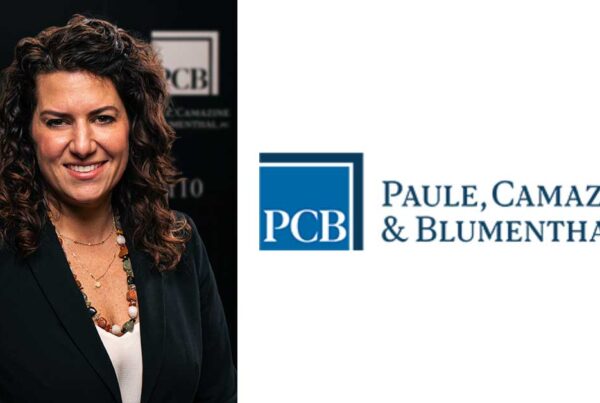Frequently Asked Questions About Domestic Violence
What happens when a client calls and reports that she is afraid of her spouse?
This call is an emergency call for help. A client who is truly afraid should go to the police or see an attorney as soon as possible to determine if her complaints constitute domestic violence under the law and to make sure that she is safe.
How does the law define Domestic Violence?
Domestic violence includes acts and threats of assault, battery, coercion, harassment and stalking, in other words, verbal and emotional abuse, as well as physical violence. The fact that someone is not actually being hit does not mean there is no abuse occurring. The abuser may be intimidating a partner or spouse by forcing them to do things against their will, or by preventing them from doing things they would like to do.
Do all Domestic Violence cases involve men abusing women?
Domestic Violence occurs in many settings, including spouses, roommates, lovers, parents and children, even siblings. Sometimes it is women against women, men against men, or even women against men.
What is an Ex Parte Order of Protection?
After the victim asks the court for protection, a judge may issue an order without a hearing, which is referred to as an Ex Parte Order of Protection. The judge may only do so if she finds that there is an immediate and present danger to the petitioner. The order remains in place only until a full hearing involving both parties can be held, usually within 15 days.
What temporary relief may be ordered at this time?
- Restraining the respondent (the abuser) from abusing, threatening to abuse, molesting, stalking or disturbing the peace of the petitioner (the victim)
- Restraining the respondent from entering the premises of the dwelling unit of petitioner under certain circumstances
- Restraining the respondent from communicating with the petitioner in any manner or through any medium
- A temporary order of custody of minor children where appropriate
What happens after the Ex Parte Order of Protection is ordered?
The alleged abuser or respondent must be served with a summons in accordance with the law. This order will provide him with a hearing date that is no later than 15 days after the filing of a petition. If the respondent is not served by the court date, the court may postpone the hearing until a later date, but will keep the ex parte order in place.
What happens if the judge does not order an Ex Parte Order of Protection?
A summons will be issued for a hearing date So you will have the opportunity to explain your case to the Court. However, the petitioner has no protection during the date of the filing of the petition and this hearing date.
What must the petitioner prove to the court at the hearing?
The petitioner must prove by a preponderance of the evidence the allegation of abuse or stalking.
The burden of proof is on the petitioner. The court must hold a formal hearing, allowing each party, even if unrepresented by an attorney, an opportunity to present evidence and to cross-examine opposing witnesses.
If the court makes this finding, it issues a Full Order of Protection for a period of time the court deems appropriate, except that the protective order must be valid for at least 180 days and not more than one year.
What additional relief may the court order in a Full Order of Protection?
- Custody of children where appropriate and a visitation schedule
- Child support
- Maintenance to petitioner
- Order the respondent to make house payments
- Order that the petitioner be given temporary possession of specified property, ch as car keys
- Prohibit the respondent from disposing of property
- Participation in batterers’ or substance abuse counseling
- Payment by the respondent for housing
- Payment of court costs
- Payment of the cost of medical treatment
How can I find out whether or not I should be asking for an order of protection?
You need to consult an attorney who understands the intricacies of the Adult Abuse statute in Missouri and who has been involved in cases employing this law. The St. Louis and Clayton, MO family law attorneys of Paule, Camazine & Blumenthal have many years of experience in this area and will provide you with reliable, confidential advice.
By: Susan E. Block

